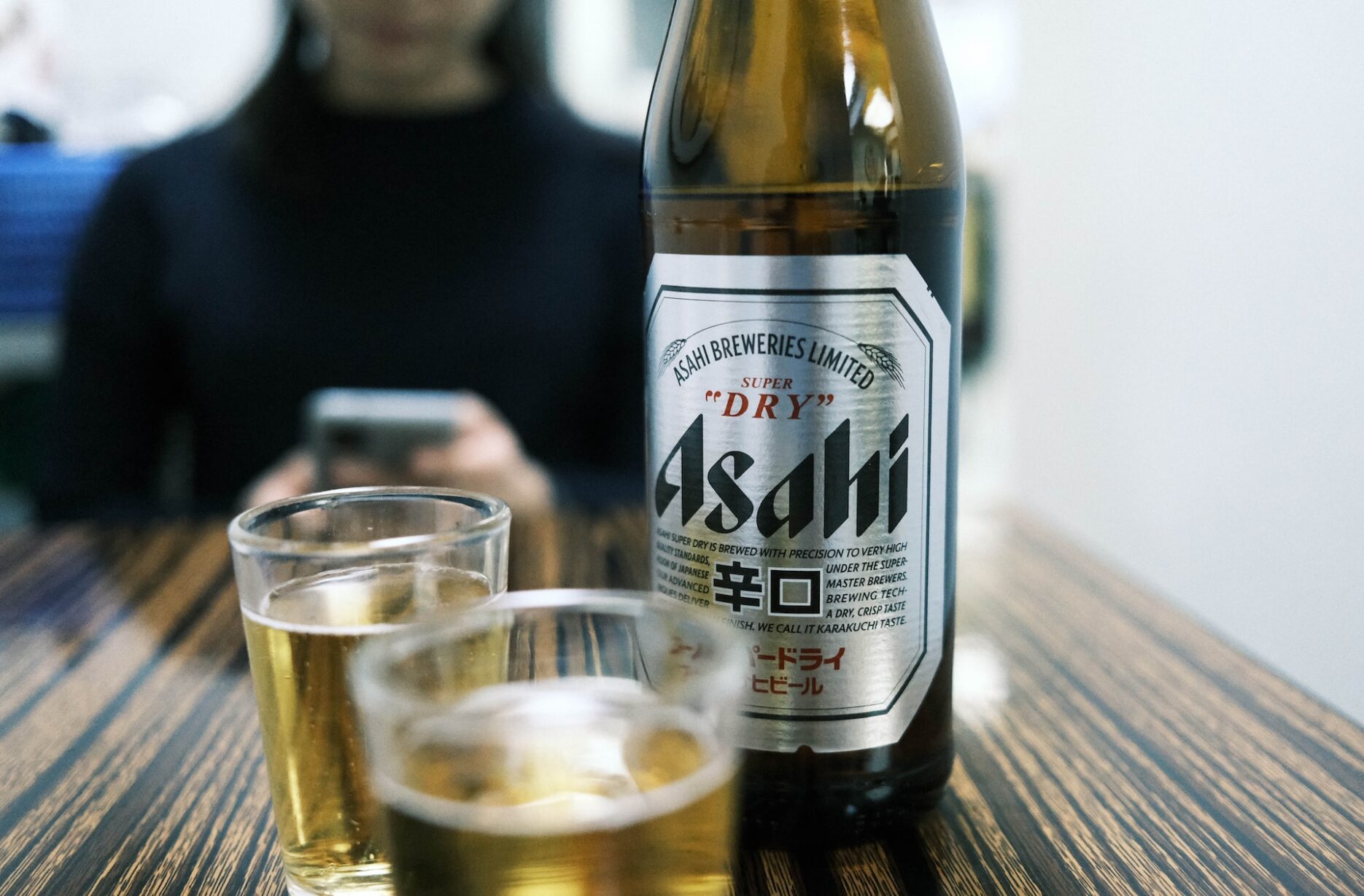The Japanese beer brand Asahi is setting its sights on China’s now thriving premium and craft beer market, as Japan’s alcohol market shrinks amid changing consumer preferences.
Kinyi Choo, managing director of Asahi Beer Asia, told major news outlets the company is looking to expand its sales channels to include grocery stores, hotels, and e-commerce, rather than being largely limited to Japanese restaurants as is the case currently. The hope is to grow the brand from its positioning as a niche regional product to a “global icon”.
The Asahi leadership still intends to keep the brand tightly associated with its country of origin. “Japanese culture and innovation, in fact everything Japan, resonates really well with Asian consumers” said Choo, “We will ride and use this to strengthen our premium positioning”.
China’s beer market took a hit from the pandemic which it is yet to fully recover from, but e-commerce and livestreaming have served as a buffer keeping the industry afloat. The e-commerce beer market alone is expected to generate 6 million USD by the end of this year, with a compound annual growth rate of 9.6% expected between now and 2027. Asahi’s positioning will capitalise on the growing popularity of premium beers (those priced at 8 RMB and up) as the average disposable income of Chinese urbanites increases.
Asahi currently occupies only a 0.3% slither of China’s overall beer market and 2.2% among imported beers, according to an industry white paper published this year by the Beijing-based think tank Analysys. Investor Journal found that Chinese consumers prefer beer with a full-bodied and intense flavour, and so typically perceive Asahi’s light flavour as plain and uninteresting.
Asahi will have to step up its marketing strategy significantly to turn this perception on its head whilst competing with local favourites Tsingtao and Snow which hold 90% of the market. However, by tapping into the prestige associated with Japanese culture, Asahi can attract higher-income Chinese consumers looking for an unconventional beer-drinking experience.









